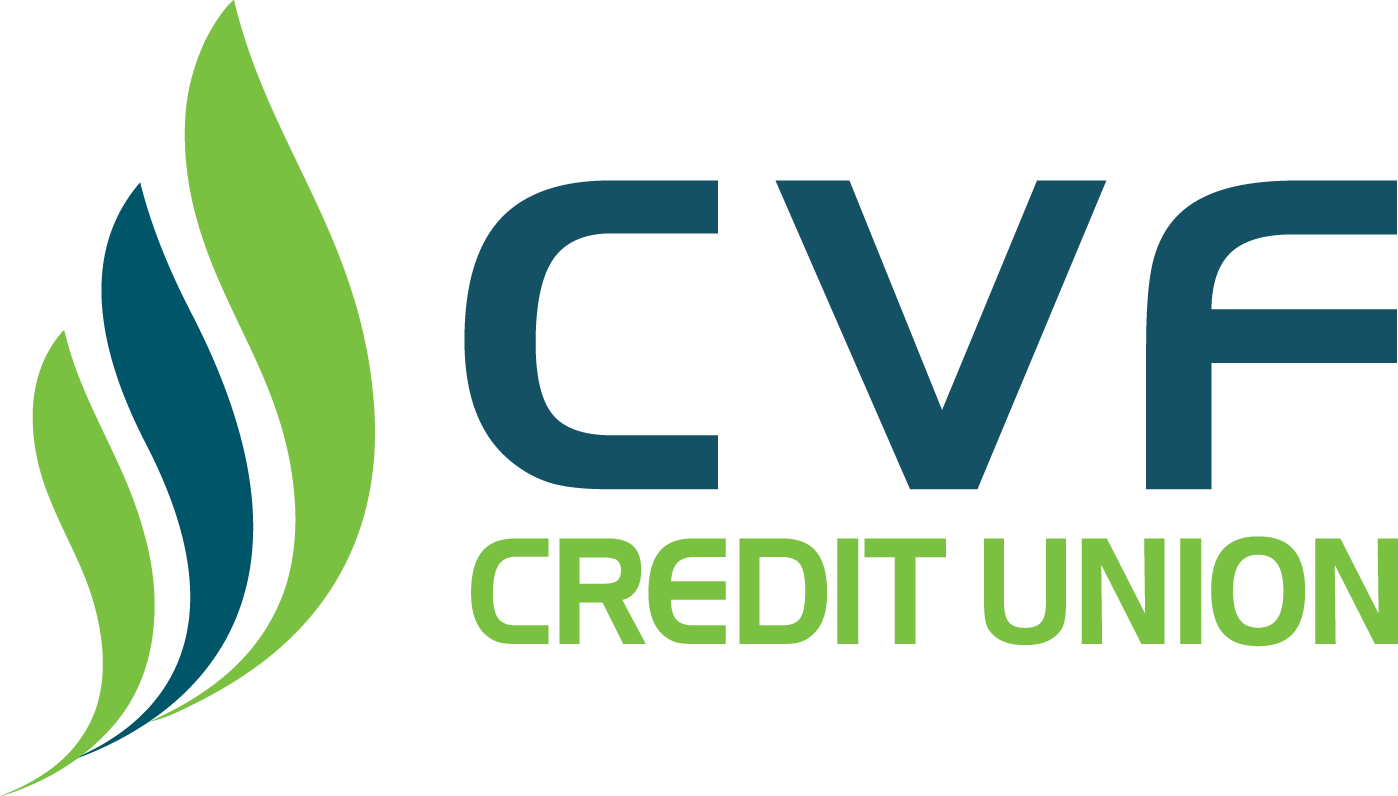
Vehicle Leasing vs Financing: Which is Better in 2022?
Making big financial decisions is something that should be done with careful thought and consideration. This includes understanding your priorities, weighing the pros and cons of this decision, and knowing how it will affect you later on in life. When it comes to leasing or financing, it is best to look at both in detail, compare, and see which option best suits your current financial situation and overall goals.
What is Leasing?
A lease is a contractual agreement between two parties that specifies terms and conditions under which a lessor is paid by the lessee for the use of the vehicle. Both parties are bound by the terms of the contract and could be found in breach if the contractual agreements are not met.
At the end of a leasing term, there is no transferal of ownership and the lessor is free to lease the vehicle to someone else unless the lease is renewed.
What are the types of auto leases?
The two most common auto leases are:
- Closed-end Lease – Sometimes referred to as “walk-away” leases, this is the most common type of lease that customers receive. This type of lease allows the lessee the ability to return the vehicle at the end of the contract, without bearing the responsibility of wear and tear or mileage.
- Open-end Lease – These types of agreements are typically reserved for commercial businesses, and not usually recommended for individual customers. In this case, the lessee is responsible for any additional expenses at the end of the contract. If the monthly payments were insufficient in covering the wear and tear of the vehicle, the lessee is responsible for the difference accumulated.
Advantages of Vehicle Leasing
Here are some advantages associated with vehicle leasing:
- Typically, lower monthly payments than financing.
- Usually little to no down payment.
- The ability to drive a more expensive car for less money.
- Sales taxes are paid over the term of the lease.
- Some leases may have possible tax benefits.
Disadvantages of Vehicle Leasing
- You will not have equity or ownership of the vehicle.
- Depending on your contract, you could run into a potential early termination liability.
- Potential end-of-lease costs like excess wear and tear, depending on your agreement.
- Possible mileage charges.
What is vehicle financing?
Vehicle financing typically refers to taking out an auto loan in order to pay for a vehicle over time. Typically, payments are made on a monthly basis and once the obligations of the loan are fulfilled, the vehicle is yours. The length of time it takes for the vehicle to fully become yours depends on your loan period and how long you take to clear the lien on the vehicle.
Just as there are advantages and disadvantages with leasing, the same goes for financing.
Advantages of vehicle financing
- In purchasing a vehicle, you will have equity and eventually ownership of the vehicle.
- You are able to customize the vehicle at your own leisure.
- There are no mileage worries when you finance the purchase of the vehicle since at the end of your loan term the vehicle is yours.
Disadvantages of vehicle financing
- Higher monthly payments than leasing. This is because you are paying for the total value of the vehicle plus interest on the loan.
- Based on the loan terms, you may need to provide collateral.
- The maintenance caused by wear and tear is completely your responsibility. While some vehicles have a warranty, a warranty doesn’t cover everything.
- The value of the vehicle will depreciate over time and usually before the end of your loan term, but your loan is based on the initial value of the vehicle at purchase.
What is the difference between leasing and financing a car?
The main difference between leasing and financing a car is the fact that leasing is like renting the car for a specific period. However, when you finance a vehicle, you pay for it with the aid of a loan.
Leasing or financing, which is right for you?
The answer to this question depends on your long-term goals and intentions. Do you want to own a vehicle as an asset, or do you just need the convenience of getting around? Will the equity of ownership be of benefit to you, or do you want to avoid the maintenance costs altogether?
Analyze the pros and cons of both options, and make the decision that best suits you. If you are unsure, you can always contact us to speak about your options.



